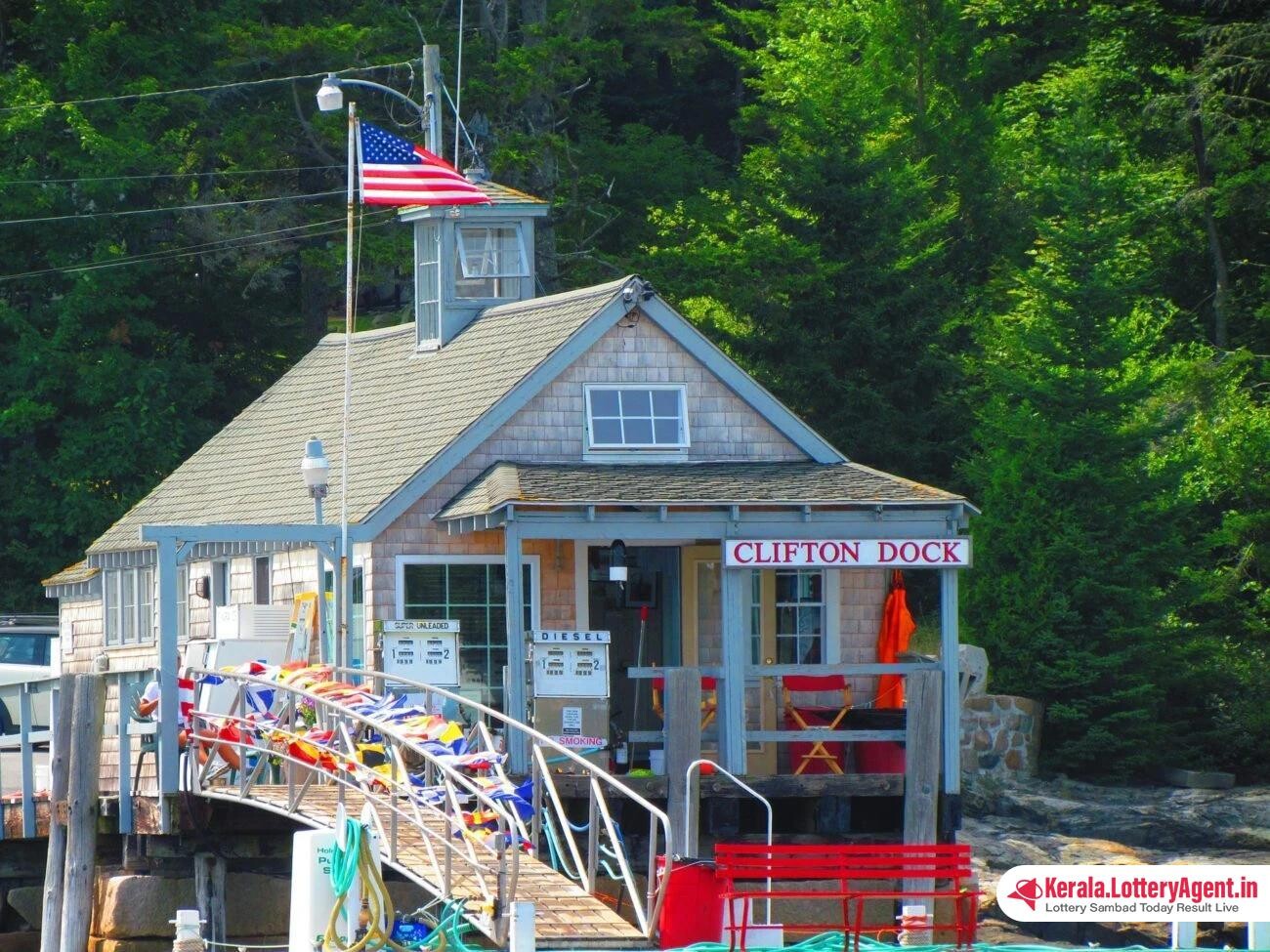
In the world of US gaming legislation, there has been a significant development as Maine joined Maryland in witnessing the setback of online casino legalization efforts. Following the closure of Maryland’s legislative session on April 8th without the passing of online casino legalization, Maine finds itself in a similar position with time running out as its own session is set to close on April 17th.
In a turn of events that places the future of online gambling in Maine in jeopardy, the state’s representatives initially cast their votes against the proposed bill, with an almost evenly split result of 71-74. The subsequent day was no different, as the senators too expressed their disfavor, voting 14-20 against the bill. Adding to the bill’s downward spiral, the Senate decided to table the proposal on April 10th with a lopsided vote of 27-7, effectively pausing any further advancements of the bill for the foreseeable future.
This is a notable shift in Maine’s legislative landscape considering that, just under a year ago in May 2022, the state’s lawmakers approved legal sports betting, granting an exclusive monopoly to the state’s four Wabanaki Nation tribes. At the time, these native tribes were not actively seeking legal sports betting rights, and the bill in question was aiming at establishing an open, competitive market. However, Governor Janet Mills stepped in with a gesture aimed to mend fences in the historically strained relationship between the state and the Native American tribes. Despite lacking the level of federal recognition enjoyed by tribes in most other US states, the Wabanaki Nation was thrown a significant bone in the deal.
The sports betting law, however, did more than just legalizing the activity—it entitled the tribes to operate online casinos as well. Yet this comes with a caveat; lawmakers are compelled to create a regulative framework to legalize and govern online casino operations. It appears that creating such a framework has been an elusive pursuit, with only seven US states having successfully legalized online casino gaming to date.
The bill in question, LD 1777, which suffered the legislative blows, would have expressly prohibited Maine’s two physical casinos, owned and operated by Churchill Downs, Inc. and PENN Entertainment, from providing online casino services. This would have mirrored the existing sports betting law that similarly restricts these entities from offering online sportsbooks. It is no surprise that both establishments stood in opposition to the bill.
In terms of financials, LD 1777 had outlined a $200,000 price tag for licensing and a modest tax rate of 10 percent. Despite these figures, Maine lawmakers, like their counterparts in other states, have been grappling with the possible implications of authorizing a wide swath of casino games right in the palm of every resident.
Republican Senator Jeff Timberlake was among those who voiced strong concerns regarding the bill. Citing the potential for individuals to gamble away on their computers from the comfort of their homes, Timberlake regarded this as an unwelcome escalation of gambling within the state. His sentiments, echoing those of critics who worry about the societal and economic impacts of widespread online gambling, were captured during a statement he made to Maine Public Radio.
The resistance to Maine’s online gambling bill signifies a larger debate regarding the place of online gambling in society. As states across the U.S. consider similar legislation, they are tasked with balancing economic benefits, regulatory challenges, and social responsibilities. The outcome in Maine is yet another chapter in this ongoing narrative, setting the stage for how other jurisdictions might approach the complex puzzle of online casino legalization. The future of online gambling in Maine, for now, seems to hang in the balance, as legislators, businesses, and communities continue to weigh its potential impacts.












